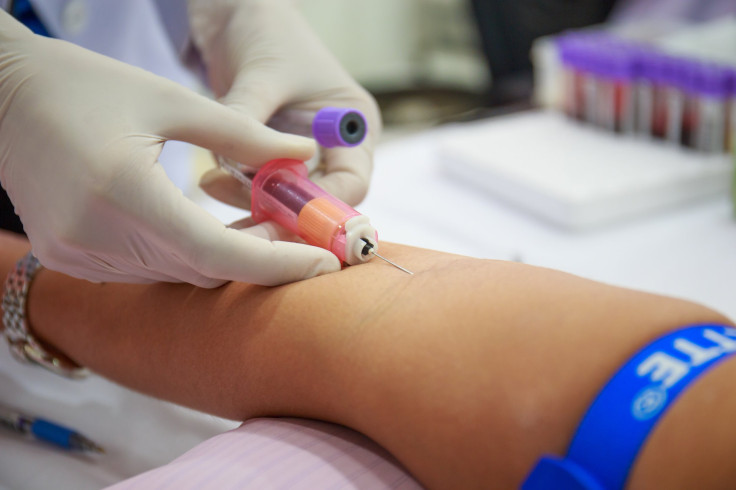False Positive Tragedy: Prenatal Tests Minus Genetic Counseling Results In Abortion For Some Healthy Fetuses

Genetics companies offering easy-to-use prenatal tests are doing little to educate doctors — and expectant parents — about the “significant risks” of false positives, according to nonprofit New England Center for Investigative Reporting (NECIR). In fact, two studies demonstrate that nearly half the positive results are false alarms and wrongly indicate a fetus is at high risk for a chromosomal condition. And the rate of false positives is even higher for those tests that scan for more rare conditions, such as Trisomy 13. By avoiding the expensive step of genetic counseling, parents may be creating for themselves a world of heartache and regret.
“The worry is women are terminating without really knowing if [the initial test result] is true or not,” Dr. Athena Cherry, professor of pathology at the Stanford University School of Medicine, told NECIR. Cherry is one of four researchers whose study, "Is it time to sound an alarm about false-positive cell-free DNA testing for fetal aneuploidy?" appeared in American Journal of Obstetrics and Gynecology last year.
After examining cells from aborted fetuses, Cherry’s lab found three cases where the test had given a false positive of chromosomal damage to a healthy fetus. In one of the three cases, the mother-to-be had obtained a confirmatory test and was told her fetus was healthy. However, despite this scientific evidence, she terminated her pregnancy based on her strong belief in the screening company’s claims.
“She felt it couldn’t be wrong,” Cherry told NECIR.
Actionable Intelligence?
Yet, in the case to which Cherry refers, the results were wrong. Sadly, errors exist on the other side of the line, as well. Test results indicating virtually no chance of a fetus having chromosomal damage end with a woman delivering a child with a genetic condition.
What makes these new prenatal tests appealing? First, they're relatively easy, requiring a simple blood sample from the mother. Detecting placental DNA in a mother’s blood, the screens are conducted as early as nine weeks into a pregnancy. They test for gender, a popular request among parents, and chromosomal abnormalities. And, compared to traditional ultrasounds and blood screenings, experts say the tests are far better able to rule out the possibility of certain fetal conditions.
“Company and analyst data indicate there have probably been between 450,000 to 800,000 tests performed in the United States since 2011 and several companies are racing to corner what one market research firm predicts will be a $3.6 billion global industry by 2019,” noted NECIR. Because these screening tests are not diagnostic in nature, they do not require approval by the Food and Drug Administration, a fact lost on doctors and expectant parents alike.
In another study presented earlier this year at the European Human Genetics Conference 2014, researchers discovered that of 356 high risk pregnancies, nearly 52 percent were true positives, about 11 percent were false positives. Meanwhile, nearly six percent of the women terminated their pregnancy without confirmation. While two patients received false negative reports, an additional 57 patients (or 16 percent of the total) were lost to follow-up. (Caveat: This study was financially supported by a company that produces prenatal testing.)
While the new prenatal tests are not perfect, they also may be indefinite, which is part of the problem. A positive test result, for instance, may be accurate around 64 percent of the time, meaning a developing baby might have a 36 percent chance of not having a test for a chromosomal condition. Naturally, many parents probably wish they'd never sought such “actionable intelligence.”



























